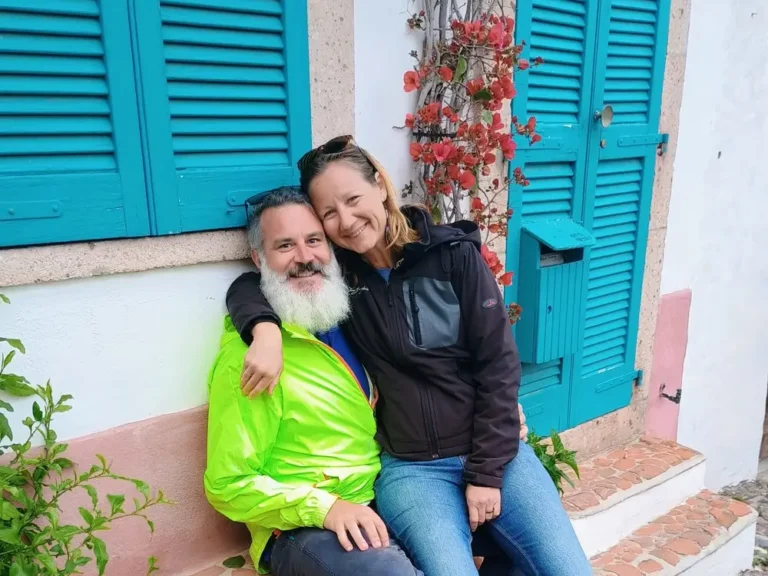Houses are now planned for San Jose flea market site, offices are shelved
More than 900 homes are being planned
SAN JOSE, Calif. — New city plans show that houses will be built on the site of a San Jose flea market after coronavirus-related economic upheavals prompted developers to abandon plans for a massive tech campus on the property.
At one point, San Jose city officials approved 1.5 million to 2.3 million square feet of office space on the flea market site at 1590 Berryessa Road, enough to house 7,500 to 11,500 workers.
On the property near the Berryessa BART station, a massive mixed-use housing development with well over 900 homes, retail, an urban market and plaza, and open spaces is now planned.
“The proposal will right-size the amount of commercial space to match market demand,” Erik Schoennauer, a land-use consultant for the site’s property owners, a group led by business executives Brian Bumb and Thomas Bumb, said.
Schoennauer believes that the new Market Park proposal will create a lively and vibrant urban scene in this section of San Jose’s Berryessa district.
To obtain approval for the housing development, the property owners have decided to use a “builder’s remedy” approach. The builder’s solution is a strategy that can significantly speed up the approval process for a project in cities like San Jose that have yet to receive state certification for their housing elements. Housing elements serve as a blueprint for future residential development in a municipality.
“As currently approved, the Market Park development is proving infeasible to build,” Schoennauer told this news organization in an email. “Therefore, the landowners have submitted a Builder’s Remedy application to the city to revise the commercial space and the housing types within the project.”
According to the new proposal, there will be 451 townhome condominium units, 399 apartments, and 90 condominiums.
An estimated 20% of the project’s proposed 940 residential units would be deed-restricted for lower-income households.
Concerns raised by flea market vendors that they would be displaced without compensation or assistance as a result of the redevelopment of the site where they now operate sparked one point of contention.
“The proposal will preserve all of the previous commitments to Flea Market vendors,” he said. He further stated that the pledges include “$5 million in financial support, a 5-acre urban plaza space to facilitate a public market, and minimum 1-year advance notification of closure of The Flea Market.”
According to Schoennauer, the proposal will also continue to create an urban mixed-use environment at the Berryessa BART Station, with retail, housing, a 5-acre urban plaza and market, a neighborhood park, and creek trails.
The current economic conditions, exacerbated by an uneven return to work as a result of business shutdowns, contributed to the demise of plans for a large tech campus.
The project’s planners hope that the development of 45,000 square feet of ground-floor retail space will contribute to the development of a vibrant mixed-use neighborhood near the BART station.
“For the past six years, there has been no interest from office occupants of any type or category, not even from technology companies, in developing at this location,” he said.
In many cases, technology companies have reduced their demand for office space.
Despite years of marketing, teams of brokers from Newmark and Borelli Investments, both veteran commercial real estate firms, were unable to entice interest from tech companies or other corporate office space users.
“In the wake of the COVID pandemic, the office market is substantially worse now,” he said.
As a result, project planners believe that housing is a far more viable endeavor.
“The proposal will include housing types that are more likely to get financed and built in this market,” he said.





